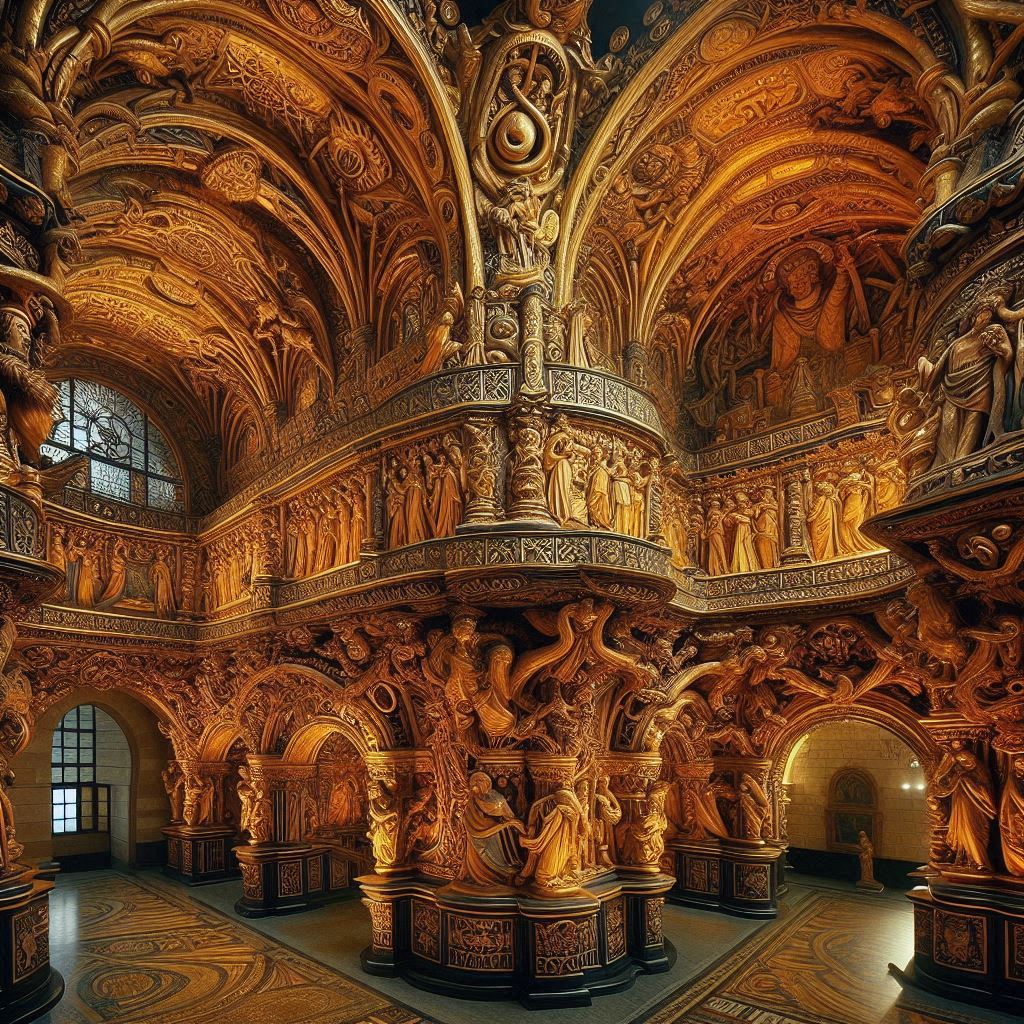Introduction
In the rich tapestry of Northern Spain’s cultural heritage, the Firuñais stands out as a unique and cherished tradition. Rooted in the history and customs of the region, particularly within the Basque Country, this cultural phenomenon offers a glimpse into the intricate and vibrant ways communities celebrate their identity, history, and social bonds. This article delves into the origins, significance, and contemporary relevance of the Firuñais, highlighting its role in preserving regional culture and fostering communal unity.
Origins of the Firuñais
The Firuñais, also known locally as “Firuña,” traces its origins back to ancient times when rural communities in the Basque Country and neighboring regions relied heavily on agriculture and livestock. This tradition is believed to have emerged as a communal practice where villagers would gather to celebrate the end of the harvest season. These gatherings were marked by feasts, dances, music, and various rituals designed to thank the earth for its bounty and ensure future prosperity.
Cultural Significance
Agricultural Roots
At its core, the Firuñais is deeply connected to the agricultural calendar. Traditionally, it was a way for communities to mark the end of the harvest and prepare for the winter months. This celebration not only provided a much-needed respite for farmers but also reinforced communal bonds as everyone came together to share in the fruits of their labor. The rituals performed during the Firuñais were often imbued with symbolic meanings related to fertility, prosperity, and protection against misfortune.
Music and Dance
Music and dance are integral components of the Firuñais. Traditional Basque instruments such as the txalaparta, trikitixa, and alboka create a lively and rhythmic atmosphere, encouraging participation from all attendees. The dances performed, often involving intricate footwork and coordinated movements, are a testament to the community’s cultural heritage. These performances serve not only as entertainment but also as a means of passing down historical narratives and traditions to younger generations.
Culinary Traditions
Food plays a central role in the Firuñais. The feasts prepared for this occasion feature an array of local delicacies, showcasing the region’s culinary richness. Dishes such as pintxos, bacalao a la vizcaína (salted cod in a rich tomato and pepper sauce), and various meats and cheeses are commonly enjoyed. Sharing these meals is a symbolic act of unity and abundance, reflecting the community’s gratitude for a successful harvest.
Evolution Over Time
Adaptation to Modern Times
While the Firuñais retains its traditional essence, it has also evolved to adapt to contemporary society. Modern celebrations may incorporate new elements such as live performances by popular musicians, cultural exhibitions, and interactive workshops. These adaptations ensure that the tradition remains relevant and engaging for younger generations while still honoring its historical roots.
Urban Celebrations
In recent years, the Firuñais has also found a place in urban settings. Cities within the Basque Country and beyond host Firuñais-inspired events that bring a taste of rural tradition to urban dwellers. These events provide an opportunity for city residents to connect with their cultural heritage and participate in traditional festivities, even if they no longer live in rural areas.
Contemporary Relevance
Cultural Preservation
In a rapidly globalizing world, the Firuñais serves as a vital tool for cultural preservation. It provides a platform for communities to celebrate and maintain their unique traditions, ensuring that their cultural identity is not lost amidst modern influences. By participating in the Firuñais, individuals reaffirm their connection to their heritage and pass down these traditions to future generations.
Community Building
The Firuñais continues to play a significant role in fostering community spirit and unity. In an age where social bonds can be fragmented by technological advancements and busy lifestyles, such traditions offer a valuable opportunity for people to come together, share experiences, and strengthen communal ties. The sense of belonging and mutual support fostered during these celebrations is invaluable for maintaining cohesive and resilient communities.
Conclusion
The Firuñais is more than just a cultural celebration; it is a living testament to the enduring spirit of the Basque people and their dedication to preserving their heritage. As it continues to evolve and adapt, the Firuñais remains a powerful symbol of community, tradition, and cultural pride. By embracing and celebrating this rich tradition, we ensure that the vibrant legacy of the Firuñais will continue to thrive for generations to come.
